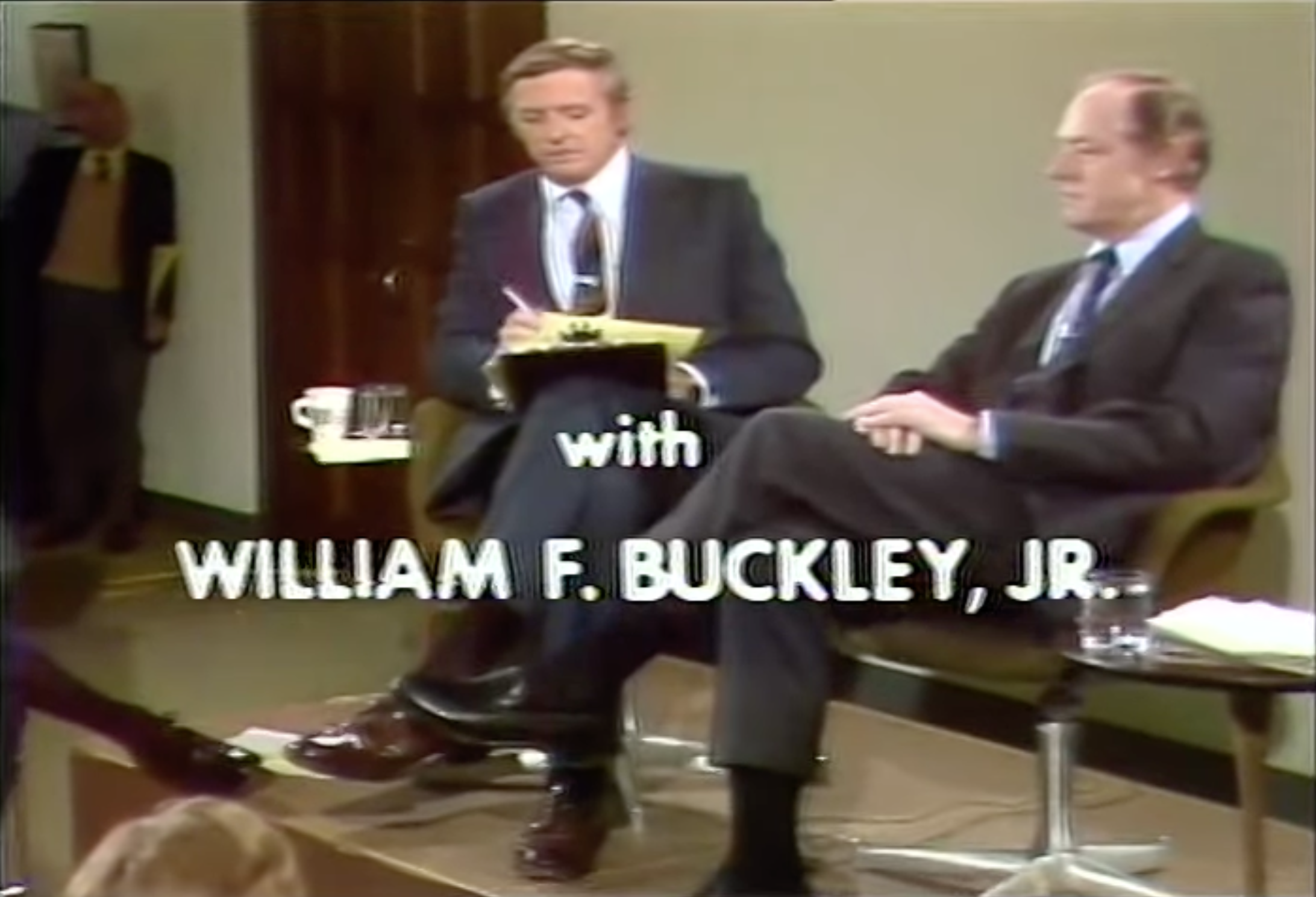Life as a CIA agent bored William F. Buckley, Jr.

Life as a deep-cover agent for the CIA in Mexico bored William F. Buckley Jr., according to a new biography of the founder of the National Review.
Buckley’s brief career with the Central Intelligence Agency first became public during the Watergate scandal, when he admitted he had worked for CIA agent E. Howard Hunt in Mexico City. Hunt later became infamous as the leader of the “plumbers,” a team of operatives for President Richard Nixon who were arrested in 1972 while trying to bug the Democratic National Committee.
Buckley, whose father had been an oilman in pre-revolutionary Mexico, joined the CIA in 1951.
Under the cover name Geoffrey T. Bolgiano, chosen by superiors in Washington, Bill pretended to be a businessman “looking into my father’s oil properties”—though none had existed since 1921—and said he was planning to set up an import-export business.
In fact he spent most of his time with Howard Hunt, who had been in Mexico since December working out of his home but had also set up operations in the American embassy where W. F. Buckley had once sought sanctuary. A sizable CIA contingent, the largest in Latin America, was now there. Hunt’s title, cultural attaché, provided good cover for his “technical penetration” of Iron Curtain embassies—that is, tapping phones and planting microphones in their offices—and also for scouting assets among the American and Mexican business elite.
Separated by only seven years, Hunt and Buckley functioned as “operational equals,” Hunt later said, their collaboration consisting mainly of delicious lunches and free-flowing alcohol at La Normandia—“the only good French restaurant in Mexico City,” in the opinion of Hunt, who had lived for a time—lived well—in Paris.
Many within the CIA and outside it were put off by Hunt, a braggart and showoff who contrived an exaggerated air of mystery. But Buckley found him tremendously good company: amusing, educated, accomplished, a good musician (trumpet and drums) and an entertaining storyteller. He had lived in many places in Europe and Asia and had done, or at least said he had done, many interesting things. Buckley and [his wife] Pat also liked Hunt’s wife, Dorothy Wetzel, an accomplished linguist who had worked in the CIA office in Paris. She and Howard were married there in 1949—newlyweds like the Buckleys. The Hunts were Catholic, and Bill became godfather to their first three children.
Buckley’s secret work turned out to be less stimulating. San Ángel was within easy reach of National University, where Buckley had studied Spanish in 1943. He now was assigned to seek out student activists, the “hearts and minds” the CIA was hoping to lure away from Communism and into the non-Communist left. It was not the ideal task for Buckley, who deemed liberals “far more dangerous” than Communists—but he did his best, meeting with student leaders whose worldviews could not have been less like his own and giving them envelopes stuffed with cash—for what reason he was not told and did not ask, just as he did not ask how much money he was giving them.
Buckley’s first book, God and Man at Yale, was published and became a sensation while Buckley was visiting the U.S. on home leave.
Back in Mexico, Buckley told Howard Hunt that he had “yielded to the temptation to go into journalism” and was leaving CIA. Hunt was sorry to see him go but was himself soon pulled into bigger plans in neighboring Guatemala, where he was involved in one of the CIA’s boldest forays into covert action: the orchestrated coup against the freely elected socialist government of Jacobo Árbenz in 1954. Hunt’s sophisticated disinformation campaign included planting fake news stories and jamming state-run radio stations with CIA propaganda, exactly the kind of covert work [Willmoore] Kendall and [James] Burnham had been advocating. Impressed by Hunt’s success, the Washington office later selected him to help run an even more ambitious Latin American project–training Cuban exiles to overthrow Cuba’s new leader, Fidel Castro.
But for Bill Buckley–and for his wife–eight months of tedious deep-cover work had been quite enough.